I just posted a video on Instagram where I was waxing on about listening to podcasts from all points of view - even the ones I don’t like. I was on a walk in Honolulu and enduring the grating voices of a very right-wing podcast, only to then go on to listen to the very condescending voices of a very left-wing podcast. Both podcasts had come highly recommended to me by friends, and both left me more informed and with more insight than when I began. Nonetheless, it was very hard for me to get through them both. I wanted to change the channel dozens of times. I wanted to quit them and listen to something comforting - a philosophical lecture on the meaning of life, or trauma recovery, or spirituality. But, I endured and decided to write a philosophical lecture on why. 😜
**Disclaimer: I am not suggesting that anybody should ever stay in an abusive or dangerous situation for the sake of their evolution. I am referring here to differences of politics, opinions, hopes, dreams, fears, etc. NOT to physical or psychologically abusive relationships.
Human beings are a species of animal who were made to live in tight, insular communities designed by biology, not by choice. What this means is that we were meant to live tightly and interdependently with people who think differently than us, feel differently than us and behave in ways we don’t like.
This interdependence on the “other” – ie the person or people who are “too familiar to ignore but too different to tolerate” (Yuval Noah Harari) - is fundamental to our design. The familiar comforts us - it gives us the safety necessary to survive and the security necessary to thrive – but it is the difference that spurs us to grow, to develop and to evolve. All of nature is like this.
In a healthy, interdependent society, we can not escape the people we can’t stand.
In a healthy, interdependent society, we can not escape the people we can’t stand. In fact, we are dependent upon them for survival. This forces us to compromise things we feel are important, in order to stay alive and to thrive. This also forces the “other” to do the same. In these compromises, we stretch ourselves to the utmost of our limits of what we can tolerate and we keep ourselves from the extremes that human morality and tribalism seem to be prone to. We become each others’ checks and balance and each others’ spur and prodding iron. The tension created by this stretching is the very condition necessary for, not just personal evolution and growth, but species evolution and, surprisingly, peace. In all species, it is the unpleasant and even dangerous, consistent pressures put on us by outside forces that cause us to evolve from murderous, impulsive animals driven only by selfish lusts, to cooperative, protective animals driven by a collective need to survive. Sometimes that outside force was a charging bear, sometimes a bear of a snowstorm, sometimes a bear of a neighbour, and sometimes it was a bear of a relative.
My absolute favourite Dr Suess book is called, “I Had Trouble In Getting to Solla Sollew”. In it, a young chap of illusory species strikes out to find the fabled utopia of Solla Sollew because his homeland is littered with troubles. There are Quilligan Quails, Skritzes and Skrinks and he has “so many troubles [he] just couldn’t think”! I recommend reading the whole book (available on archive.org). In classic Suess fashion, he meanders us through lands and up and down absurdities in order to orient us just perfectly so that (spoiler alert!), when our main character finally arrives at the fabled “Solla Sollew, on the banks of the beautiful River Wah-Hoo, where they haven’t any troubles! At least very few”, and he discovers that the city is locked and the one trouble they do have is with the key hole, we are horrified. You see, that key hole has been occupied by a Key-Slapping Slippard and now nobody can get in or out of the city. Our friend is shit out of luck.
In the end, this poor little fellow who’s endured endless troubles to arrive at this anti-climactic end has a decision to make…will he follow the Solla Sollew doorman to the fabled city of “Boola Boo Ball on the banks of the beautiful River Woo-Wall, where they never have troubles, no troubles at all” or will he return home?
He decides to return home to the Valley of Vung where he knows he’ll have troubles, he’ll even get stung, but he’s ready to face those trouble head-on.
He decides to return home to the Valley of Vung where he knows he’ll have troubles, he’ll even get stung, but he’s ready to face those trouble head-on. He’s ready to accept that life has troubles and trying to run away from the discomfort only leads us to more and more strange, unexpected and foreign troubles. At least, at home, he knows what to expect and can grow in his ability to engage with and conquer his troubles.
This is a story of growth. This is a story of maturity. This is a story of the beginning of mastery.
This is a story of the beginning of mastery.
Abandoning our own personal “Valley of Vungs” – our families of origin, our hometowns, our country, our planet – in the hopes of finding better alternatives (in the hopes of avoiding the troubles we faced “at home”) seems to be causing a kind of “devolution” in our species. This evasion of discomfort keeps us spinning our wheels, wasting our energy searching for an elusive dream of an ideal place where we will be safe, and held, and troubles can’t reach us. But, in this place (which does not exist) we can not be sharpened, we will not be challenged, and we will not develop. Without being stretched outside of our comfort zones, we will not grow bigger, stronger, wiser and more mature. In other words, the solution of running away from, villainizing or dehumanizing people who trouble us, keeps us childish. In other words, the very people we hate are our evolutionary allies.
If we want to grow and evolve, we need to include people we can’t stand in our communities and let them and their ideas stretch us beyond where we could go on our own; we need to let the people we despise limit us from becoming the most terrible and monstrously self-righteous versions of ourselves; we need them to prevent us from becoming adult toddlers. Echo chambers are the breeding grounds of ignorance.
Echo chambers are the breeding grounds of ignorance.
In our current political climate and isolated culture where we have the skewed sense that we don’t need each other to survive, it can be so tempting to hunker down in tribes and “otherize” the people who disagree with you. Listening to the other side is the last thing most of us want to do. For many of us, it makes our stomachs churn. But endeavouring to find platforms and voices on the other side you can tolerate (I didn’t say “like”, I said “tolerate”), taking the time to invest in listening even when it feels like it’s killing you, is the antidote to the “divide and conquer” downward spiral we’re in.
Listening only to your side, especially if you have it on a constant stream day-in and day-out, is not building you up as a person, it’s building you up as a pawn in other people’s power games. Only being open to hearing what you already agree with is not contributing to your growth as a person, our growth as a culture, or our evolution as a species.
We’re at a time in history where we need to level up or die. Biology would tell us that this means we are ripe for an evolutionary leap.
We’re at a time in history where we need to level up or die. Biology would tell us that this means we are ripe for an evolutionary leap. But, how do we do it? How do we get there?
I have made it a practice for years now to listen to as many sides as I can make time for. This has not only kept me sane and mildly hopeful through these tenuous and, seemingly hopeless, times but it has changed me. It has shown me that humanity is not a stasis, it’s a tapestry. We are a mandala and every good mandala needs the high points and low points, the darkness and light, the shadows and brilliance to come alive. It is precisely because we have different points of view, priorities, gifts and vices that we have thrived, proliferated and evolved into the deeply conscious species that we are. Without the person who thinks differently, one perspective would run away with the horse, reach their limit and die. But with their counter-part pulling on them, pushing them, holding them back, pointing out other roads, we find creative solutions to the smallest and largest troubles we face.
To those of you on the left, maybe those crazies on the right are the bat you need in your fist if we can ever hope to conquer our collective troubles. To those of you on the right, maybe those snobs on the left are the tender heart beating behind that raised fist, keeping it in the air, keeping the veins flowing with blood. We need all sides.
We need all sides.
They say “do something every day that scares you”. Maybe that’s a stretch for many of us in a world that currently provides enough fear mongering to keep us in a perpetual state of fear. Perhaps a baby step toward that kind of empowerment, toward the kind of evolutionary leap we need to make right now is: “listen to something every day that makes you uncomfortable”.
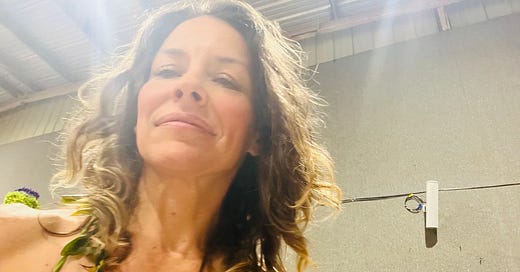



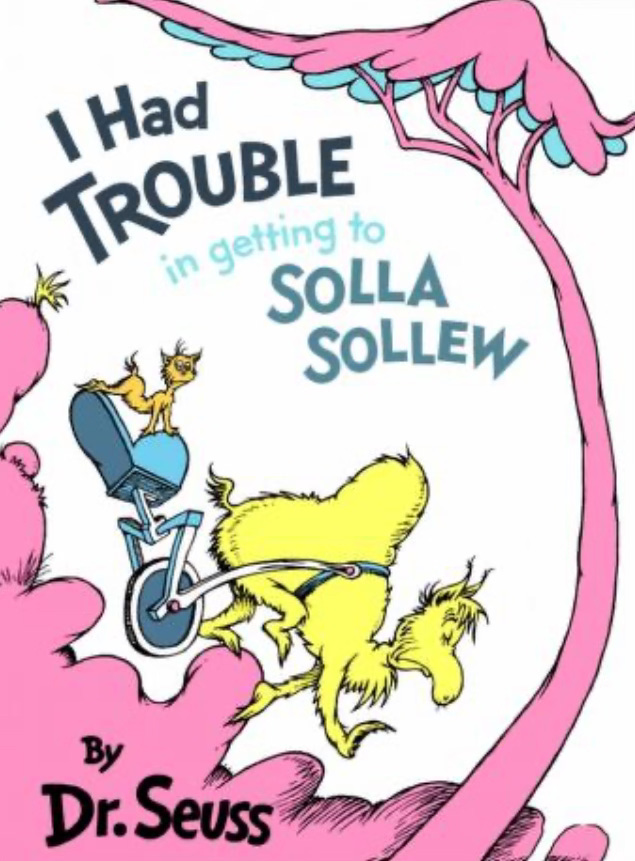
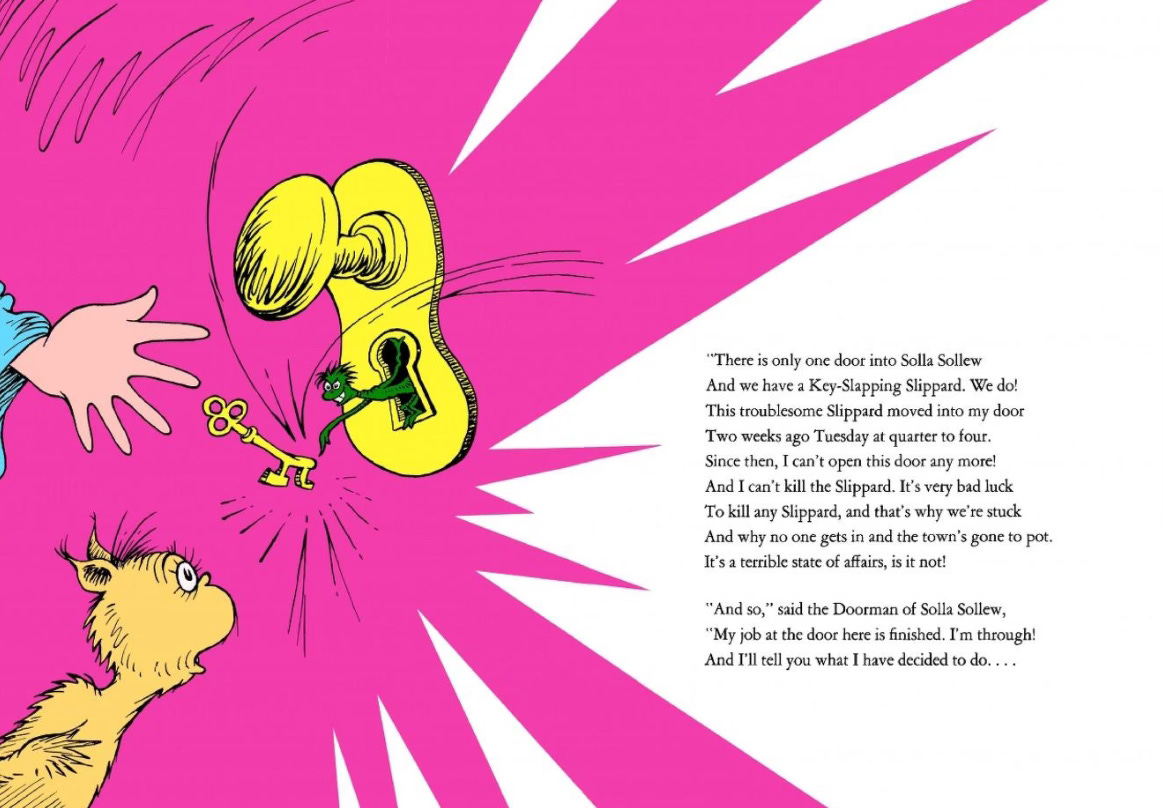
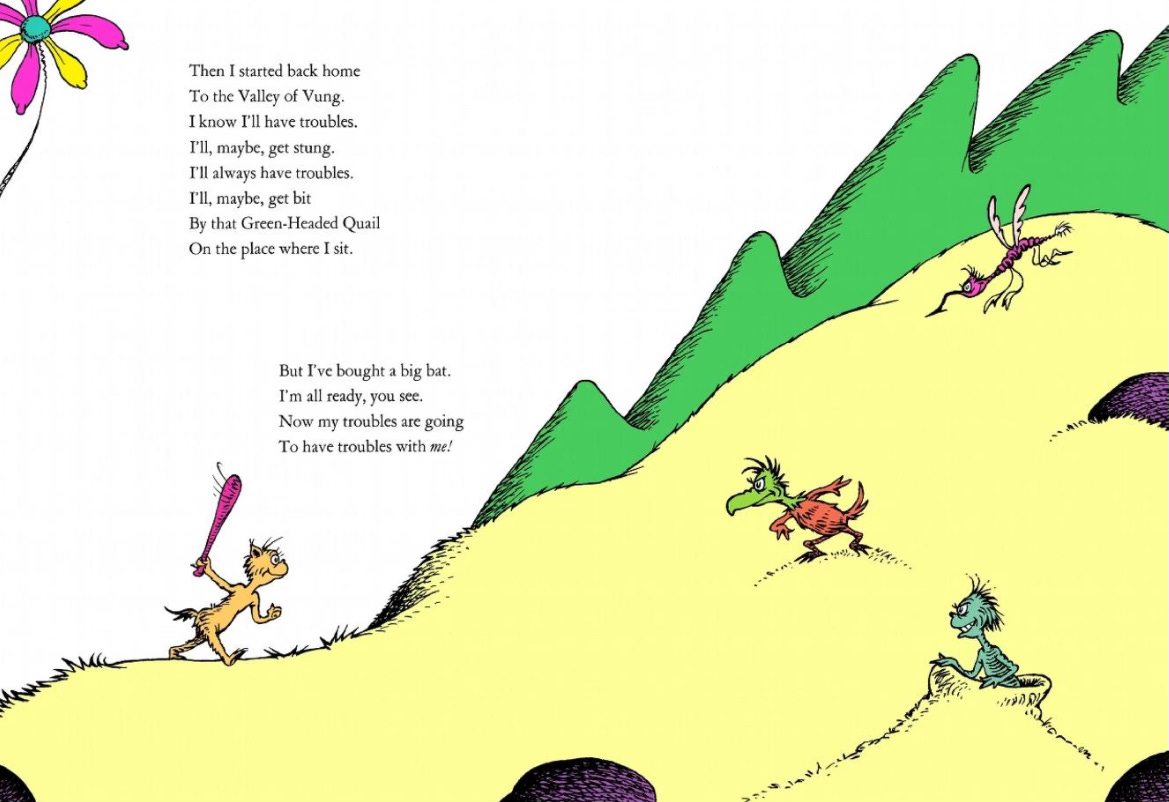
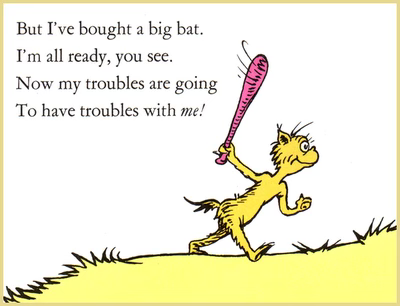
Your thoughts inspired me to write my own words. I am a big supporter of the idea of listening to other's opinions. Only when we understand we can come together and maybe find a common ground.
We live in a time where ideological lines are boldly drawn, often in black and white, and it feels increasingly difficult to talk to, let alone understand, those who disagree with us. But I believe there is enormous power in doing just that. Not only do I support listening to opposing viewpoints, I see it as essential to living in a shared, complex world. It’s easy, and often comforting, to stay in echo chambers. Podcasts, videos, articles, and even our social circles can be curated to only reflect the views we already hold. But growth doesn’t happen in comfort. Growth happens in challenge. When we take the time to engage with ideas we dislike, or even find offensive, we push the boundaries of our understanding. We strengthen our beliefs, clarify our thinking, and sometimes, open ourselves to change.
Listening to opposing views is not an act of surrender, it’s an act of strength. It requires patience, maturity, and courage. And it demands that we see people not as enemies, but as fellow human beings shaped by different lives, pains, hopes, and fears. When we approach others with curiosity rather than contempt, we begin to see nuance where we once saw only contradiction.
Too often we reduce life into binaries, right and left, peace and hate, true and false. But life doesn’t operate on simple poles. It is lived in the grey areas: in the tension between ideas, in the collision of experiences, and in the emotional complexity of being human. By learning to listen deeply, we create room for these complexities. We learn to hold space for contradiction. And in that space, something powerful happens: dialogue.
Dialogue doesn’t require us to agree. It requires us to care enough to try to understand. And in understanding, we form the bonds that make society function, not perfectly, but meaningfully. The people we oppose most often have reasons for thinking the way they do. When we forget that, we begin to dehumanize them. And when we dehumanize others, we erode the very foundation of community.
This is why I also emphasize the importance of language, both literally and metaphorically. Language is how we connect across borders, cultures, and beliefs. Learning a new language is more than vocabulary and grammar; it’s an opening into another worldview. Even using translators or simple efforts to communicate with someone in their own language is a sign of respect, of willingness. It shows that you are not just speaking at someone, but with them.
Online, this is especially important. We encounter people from all over the world, from vastly different contexts. And sometimes, what sounds offensive or strange is simply a difference in tone, idiom, or cultural framing. Bridging that gap through language, whether through learning or technology, can dissolve walls that misunderstandings would otherwise reinforce. Every time we make the effort to connect, especially with someone on the “other side,” we lay a small brick in the bridge toward understanding. We don’t have to agree on everything to live together. In fact, it’s inevitable that we won’t. But if we let hatred respond to hatred, if we shut each other down instead of leaning in with empathy, we only deepen the wounds of division.
And here’s the truth: we all want to be heard. We all want our lives and experiences to be seen. When we offer that to others, when we give them the dignity of our attention, we build trust. And trust is the soil where compassion can grow.
So yes, I believe in listening to the podcasts, opinions, and people that make us uncomfortable. I believe in stretching the limits of our understanding, even when it’s tiring. I believe in translating not just languages, but experiences. I believe in humanizing those we are told to hate. We are emotional beings, complex, flawed, and full of contradiction. That’s why dialogue matters. That’s why listening matters. And that’s why empathy, not aggression, must guide our path forward.
Because in the end, we’re not just debating politics or culture, we’re building the future. Together.
Yes! 👏🏻 So beautifully said. Listening to both sides, understanding them fully, and then carving out your own path based on that awareness: that’s what makes your perspective truly your own.
For me, this really resonates through my experience with religion. I’m Muslim, but growing up I was also deeply curious about spirituality, Wicca, paganism, the cosmos. Exploring those ideas gave me a sense of personal connection to the world and helped shape my own understanding of faith and existence.